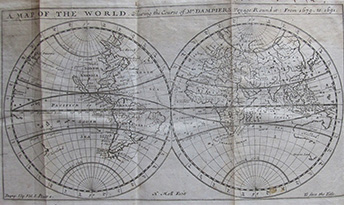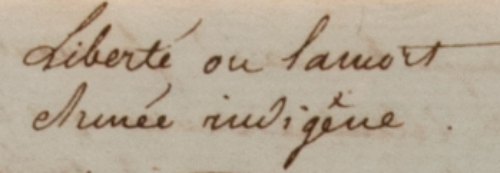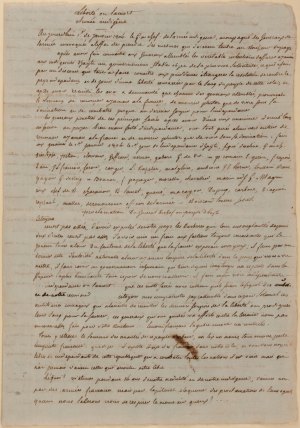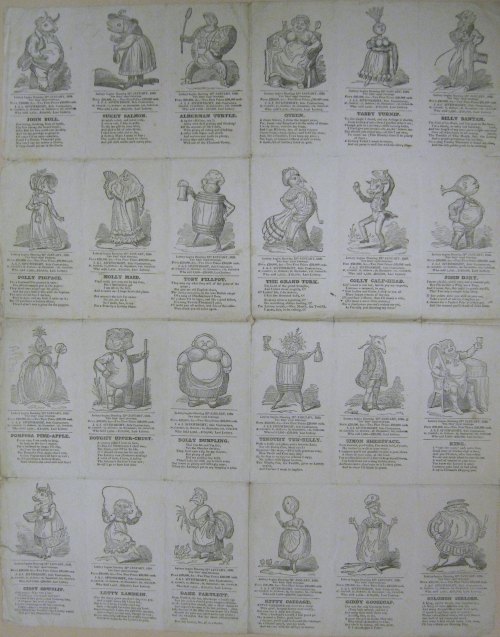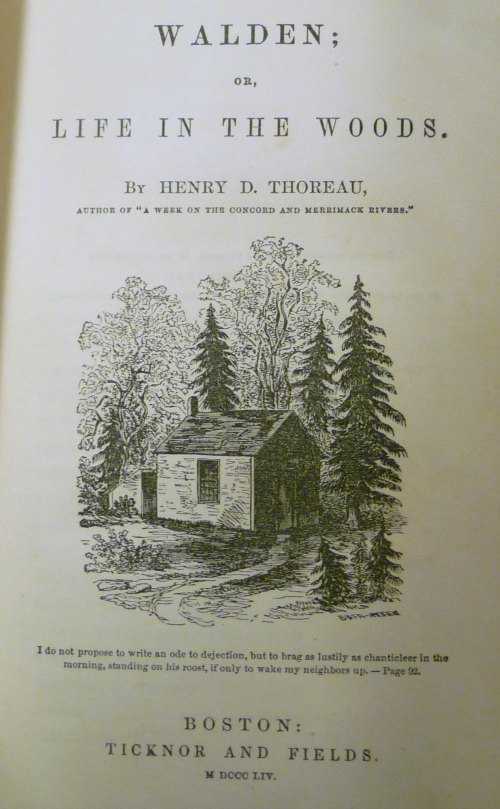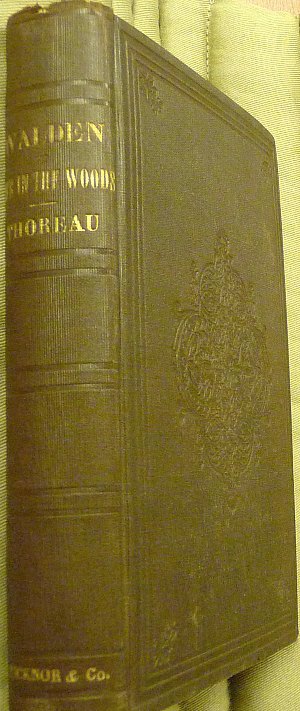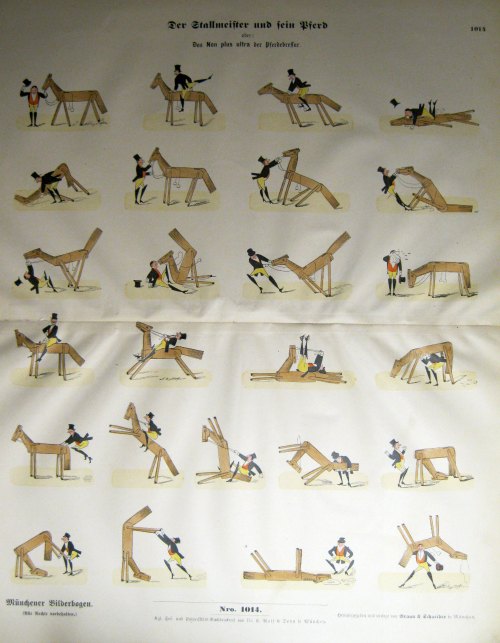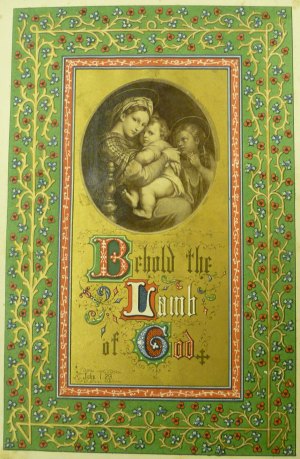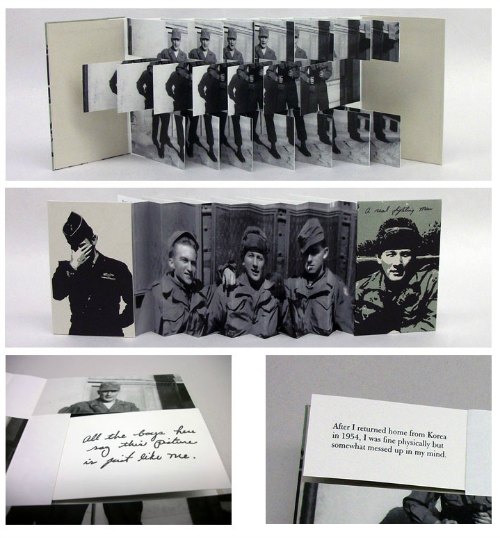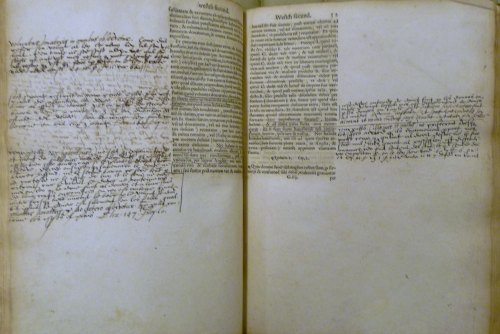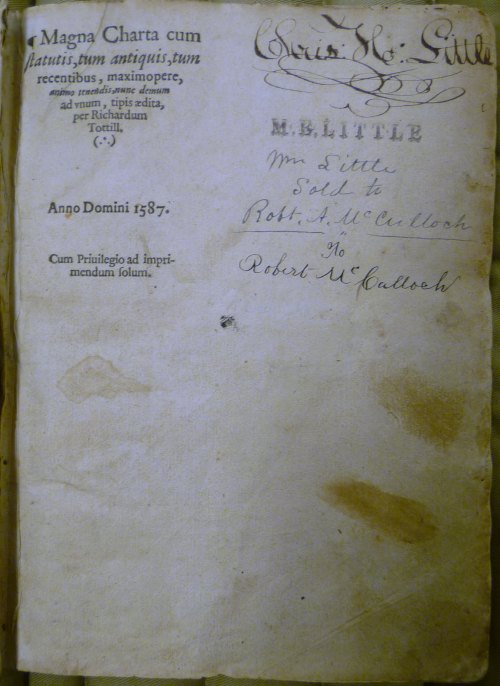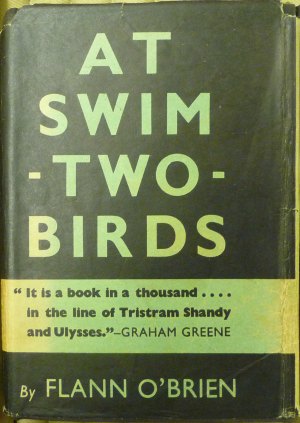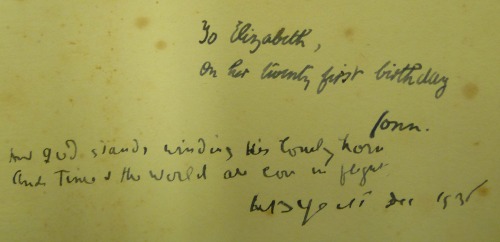The John Hope Franklin Research Center for African and African American History and Culture is pleased to announce the addition of 310 oral history interviews to the Behind the Veil Digital Collection. The addition to the collection documents the lives of African Americans from the state of North Carolina who lived through the era of Jim Crow in the Charlotte, Durham, Endfield, New Bern and Wilmington areas. The digitization efforts were made possible by the Triangle Research Libraries Network’s Content, Context and Capacity grant project to document the Long Civil Rights Movement in the state. Researchers now have access over 400 digitized interviews from the collection from states throughout the American South.
To listen to the digitized interviews please visit – http://library.duke.edu/digitalcollections/behindtheveil/
To view the entire collection, please visit – http://library.duke.edu/rubenstein/findingaids/btv/
To learn more about the making of digital collection, please visit the Digital Collections blog: http://blogs.library.duke.edu/bitstreams/2014/02/07/announcing-310-new-behind-the-veil-interviews-and-a-new-blog/
For more information, contact, John B. Gartrell, Director, Franklin Research Center.






